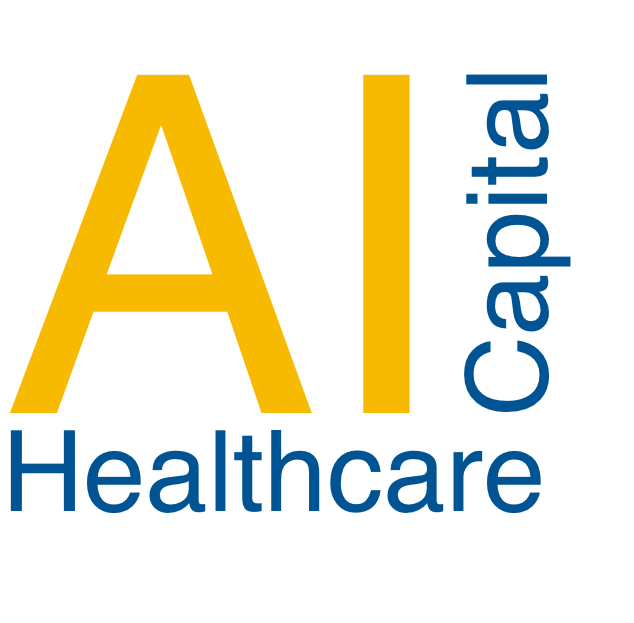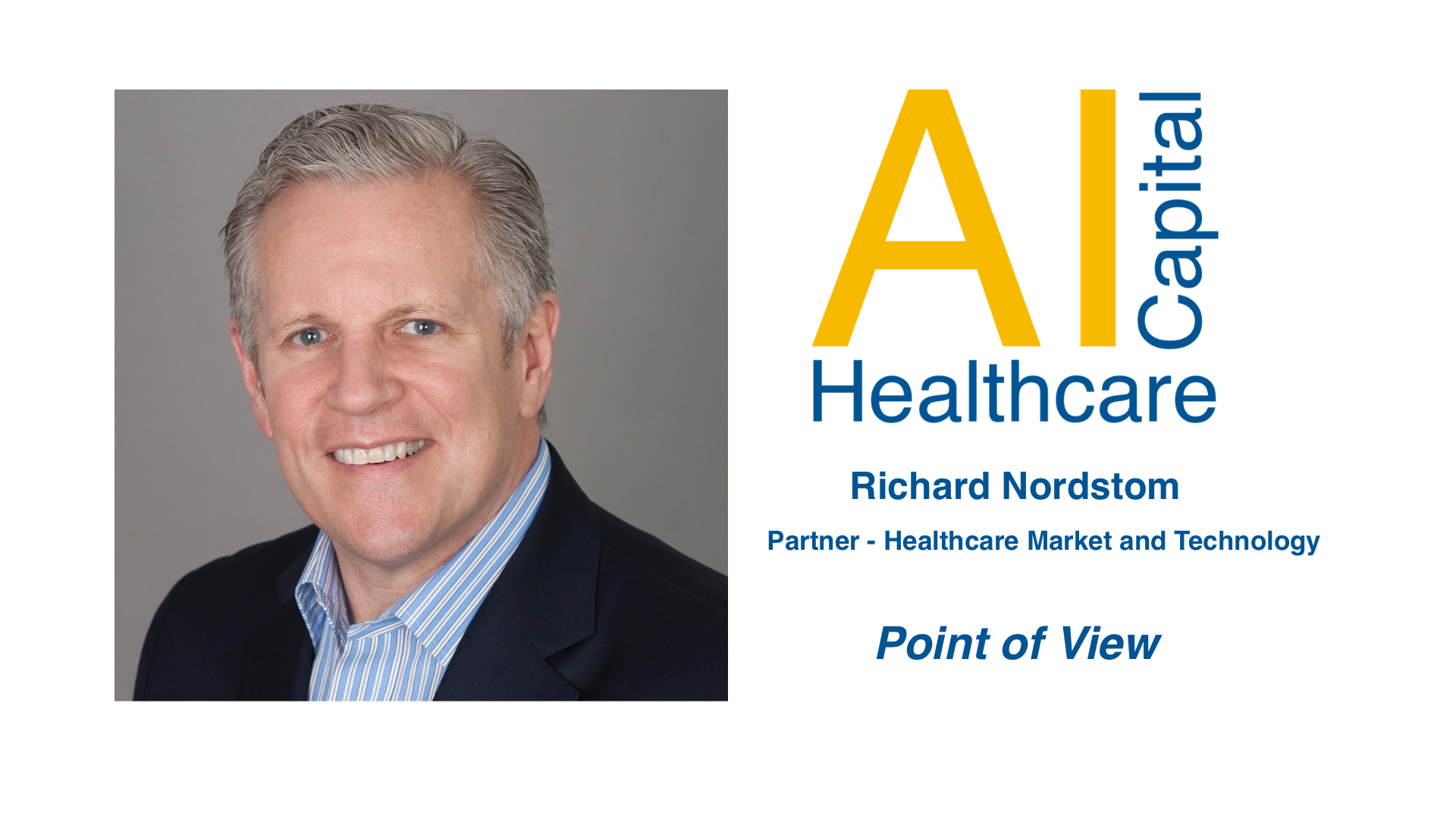by Richard Nordstrom
Artificial Intelligence (AI) has the potential to improve health equity, which refers to the equal
distribution of healthcare resources and outcomes among different populations. In many
countries, health disparities exist based on factors such as race, socioeconomic status,
geographic location, and access to healthcare. AI can help address these disparities by providing
more accurate and efficient healthcare services, improving health data collection and analysis,
and facilitating better communication and coordination among healthcare providers.
One way AI can improve health equity is by providing more accurate and efficient healthcare
services. AI-powered medical devices can analyze patient data and provide real-time feedback
to healthcare providers, allowing for faster and more accurate diagnoses and treatments. For
example, AI algorithms can be used to analyze medical images such as X-rays and CT scans,
providing more accurate and timely diagnoses. In addition, AI-powered chatbots and virtual
assistants can provide patients with personalized health advice and guidance, allowing them to
make informed decisions about their health. This can be particularly useful in areas with limited
access to healthcare providers, where patients may not have access to regular check-ups or
may not be able to afford medical services.
Another way AI can improve health equity is by improving health data collection and analysis.
Health data is crucial for identifying and addressing health disparities, as it allows healthcare
providers and policymakers to understand the prevalence and distribution of different health
conditions and risk factors. AI can help collect and analyze health data more efficiently and
accurately, allowing for better identification of health disparities and targeted interventions.
For example, AI algorithms can be used to analyze electronic health records and identify
patterns and trends in health data, such as the prevalence of certain health conditions in
different populations. This can help healthcare providers and policymakers develop targeted
interventions to address health disparities.
Finally, AI can facilitate better communication and coordination among healthcare providers,
which is essential for providing high-quality and equitable healthcare services. AI-powered
healthcare systems can help healthcare providers share patient data and collaborate on
treatment plans, ensuring that patients receive consistent and coordinated care. In addition, AI
can help healthcare providers identify and address gaps in care, such as missed appointments
or incomplete medical records, which can lead to poorer health outcomes. By facilitating better
communication and coordination among healthcare providers, AI can help ensure that all
patients receive high-quality healthcare services, regardless of their geographic location, race,
or socioeconomic status.
Despite the potential benefits of AI in improving health equity, there are also some challenges
and concerns that need to be addressed. One of the main concerns is the potential for AI to
reinforce existing biases and inequities in healthcare. AI algorithms rely on data to make
predictions and recommendations, and if this data is biased or incomplete, the algorithms may
reproduce or amplify these biases. For example, if an AI algorithm is trained on data that
primarily represents white patients, it may not accurately predict health outcomes for patients
from other racial or ethnic backgrounds. To address this concern, it is essential to ensure that AI
algorithms are trained on diverse and representative data sets, and that they are regularly
monitored for bias and accuracy.
Another challenge is ensuring that AI is accessible to all patients, regardless of their income or
location. While AI has the potential to improve healthcare access for underserved populations,
it also requires investment in infrastructure, equipment, and training. In areas with limited
healthcare resources, it may be challenging to implement and maintain AI-powered healthcare
systems, which could exacerbate health disparities. To address this challenge, it is important to
develop strategies to ensure that all patients have access to AI-powered healthcare services,
such as public-private partnerships and government funding for healthcare infrastructure.
In conclusion, AI has the potential to improve health equity by providing more accurate and
efficient healthcare services, improving health data collection and analysis, and facilitating
better communication and coordination among healthcare providers. However, to fully realize
the potential of AI in improving health equity, it is essential to address concerns about bias.






